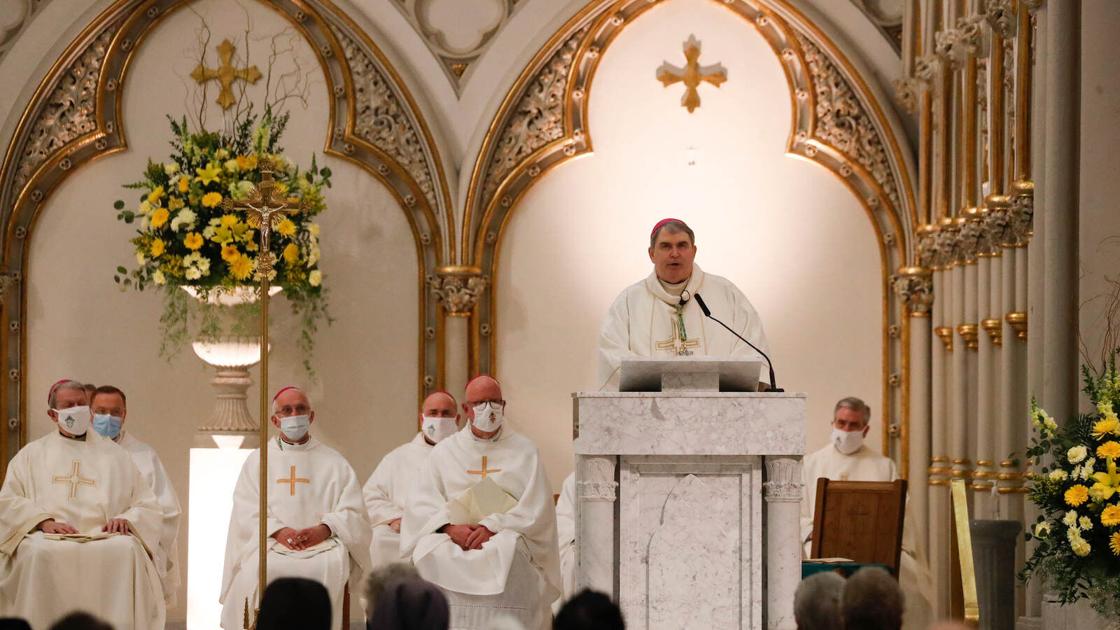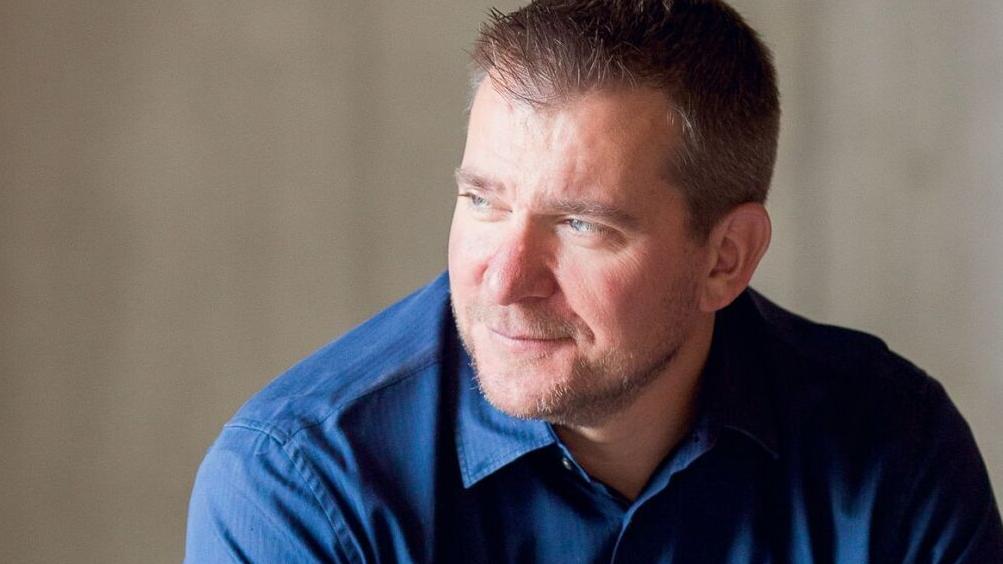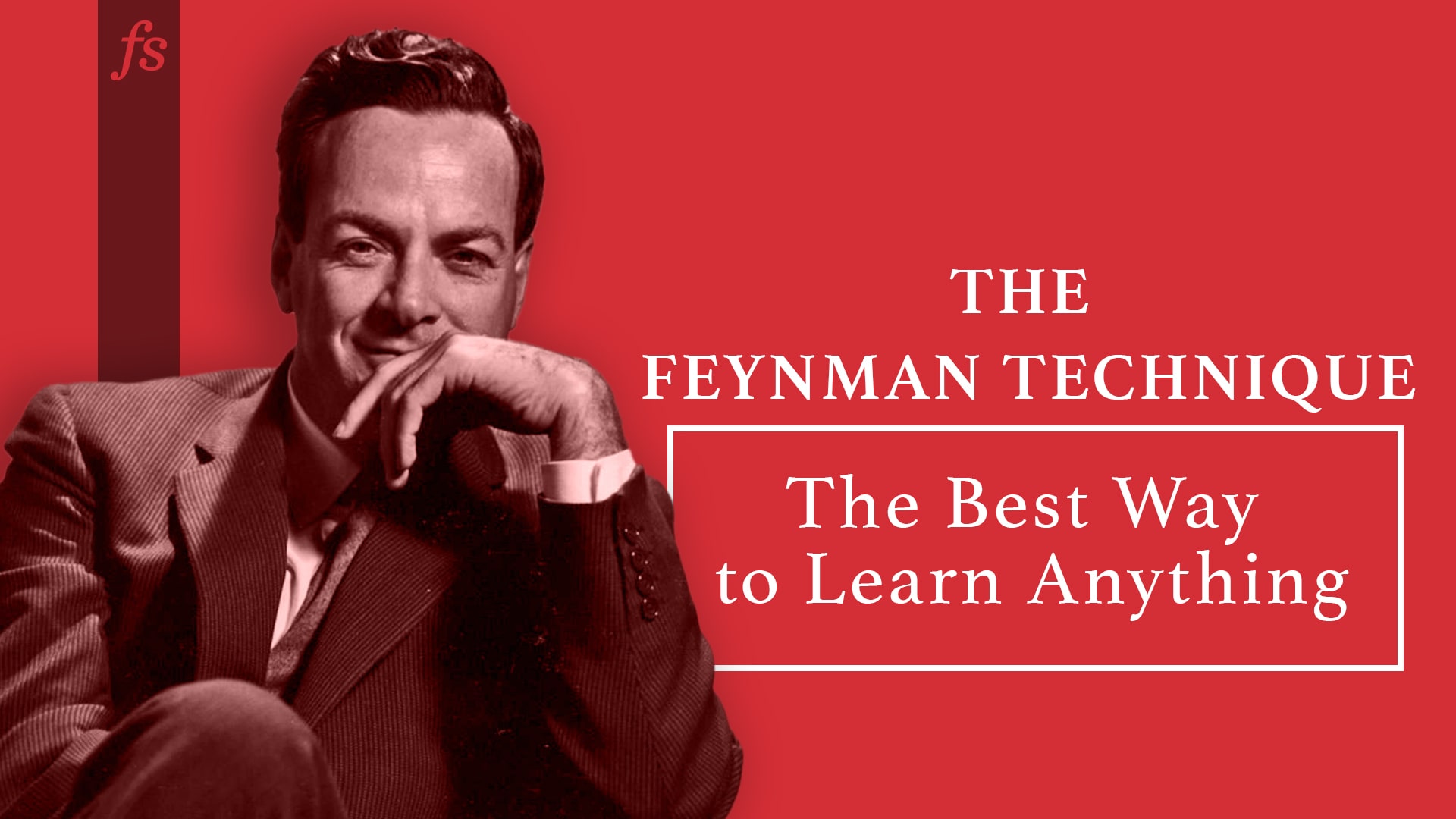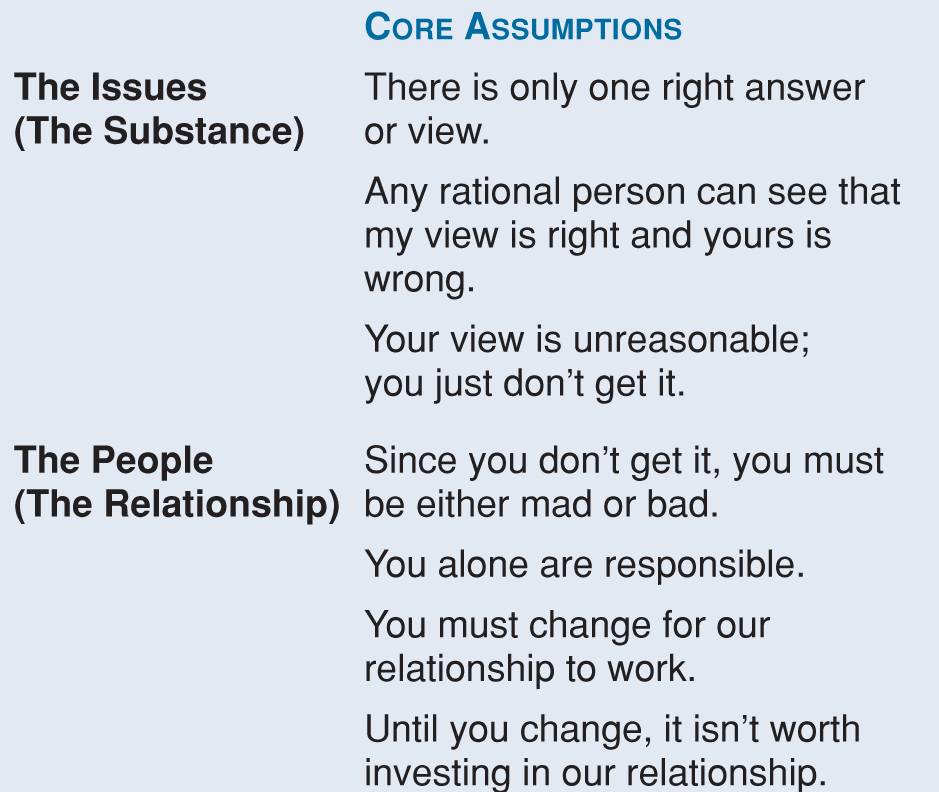
Catholic School Matters
March 8, 2021
Catholic Social Teaching
Author Mark Shea joins me on this week’s Catholic School Matters podcast to discuss his great new book, The Church’s Best-Kept Secret: A Primer on Catholic Social Teaching (2020). Shea writes an accessible book to help us understand the Church’s framework on the common life. People often think social teaching is about welfare and serving the poor. Shea argues that it’s a broader concept that encompasses four main tenets: the dignity of all, the common good, subsidiarity, and solidarity.
This 145-page paperback would work really well in a 12th grade theology class as well as a faculty PLC. It speaks to Catholics and non-Catholics alike. This is a book that incorporates and synthesizes all Catholic teaching. A quick glance:
· Dignity of all: Every person is created in the image and likeness of God. Every. Single. Person. This leads to “a maximalist, not minimalist, view of our obligation to seek the good of our neighbor that is … the most significant development in Catholic doctrine of the past century” (28).
· The Common Good: Because every person has dignity, there are certain inalienable rights that each person deserves, no matter their income, no matter where they live. “[The Church] counsels us not to spend too much time worrying about questions like whether individual generosity or a state social safety net should be used to meet them. This is like worrying about which blade on the scissors does the cutting” (70).
· Subsidiarity: We discuss how the application of this concept is often confused with rugged individualism and independence, rather than active participation in the building of the kingdom at local level.
· Solidarity: This doesn’t mean socialism. To illustrate this, Shea quotes the ardent anti-Communist, St. John Paul II: “[Solidarity] is not a feeling of vague compassion or shallow distress at the misfortunes of so many people, both near and far. On the contrary, it is a firm and persevering determination to commit oneself to the common good; that is to say, to the good of all and of each individual, because we are all really responsible” (104).
The most interesting insight presented by Shea is explaining how Catholics are often divided between what he calls “peace and justice” and “pro-Life” camps, who often hate each other. He speaks to how many Catholics have formed their public consciousnesses through allegiance to politics or listening to certain media as opposed to paying attention to the Church’s teaching itself. One particularly long quote illustrates his point:
We are not free to ignore, or worse, oppose the Church’s guidance without very grave cause. It is vital to remember that ‘prudential judgement’ concerns not whether, but how best to implement the Church’s whole teaching. If your focus is on abortion, fine. Focus on it. But do not pretend to focus on it while actually spending your time and energy fighting against the Magisterium and in favor of capital punishment, fighting against Laudato Si and in favor of policies that harm the environment., fighting against a living wage and in favor of laissez faire capitalism (condemned since Rerum Novarum was written in the 1890s), fighting against a century’s worth of magisterial calls for universal health care and denouncing the Church as ‘socialist’ to shout down that call. None of that is ‘focusing on abortion’ and none of it is prudential judgement. It is weaponizing the unborn in order to fight the rest of the Church’s teaching by making the unborn the opposite of and competitor to all the human lives harmed and even killed by sins in these other areas (44-45).
There’s a lot to unpack there. As you can see, it raises issues that are well-suited for theological discussion as well as teacher formation. I recommend picking up the book and listening to our great conversation about the topics.
Want to keep up with the conversations surrounding Catholic education? Set up your own Google Alert, subscribe to this newsletter by clicking "follow," subscribe to the Catholic Schools Daily, or subscribe to the Catholic School Matters podcast.
Dr. Tim Uhl
Catholic School Matters
Email: catholicschoolmatters@gmail.com
Website: www.drtimuhl.com
Location: Helena, MT, USA
Twitter: @drtimuhl
Catholic School Links
Catholic Schools Closing & Opening
- Louisiana Catholic school to close
Leadership Links
Teaching & Learning
Miscellany
Catholic School Matters podcast
Check out the past episodes from this season:
- Catholic Social Teaching with Mark Shea
- Part One, Fratelli Tutti, with Dr. Ann Garrido; Part Two, Fratelli Tutti, with Fr. Joe Corpora; Part Three, Fratelli Tutti, with Dr. Carmen Nanko-Fernández; Part Four, Fratelli Tutti, with Dr. Leonard DeLorenzo;
- Part Five, Fratelli Tutti, With Dr. Katherine Greiner
- 12 Christmas podcasts: Michael Deegan of the Archdiocese of NY, Nicole Garnett of Notre Dame law school on religious charters, Maka Black Elk on truth & healing, Dr. Jeannine Hill Fletcher on The Sin of White Supremacy, Dr Leslie Lipovski from the Diocese of Arlington & St. Isidore Virtual Catholic School, Mary Flock of the Diocese of Orange & St. Polycarp Virtual Catholic School, Bruce Davis of Catholic Virtual, Jeff Hausman of AVLI, Kyle Pietrantonio of DIA Schools, Sr. Angela Ann Zukowski of VLCFF, Frankie Jones of ACE, and Mike Derrick of San Diego Cristo Rey HS.
- Thought Leaders: Dave Stuart, Jr., George Couros, Dr. Christian Dallavis from Partnership Schools; Dr. Debbie Sullivan & FADICA reports;
- Pandemic-focused podcasts: Fr. Eric Ramirez, SJ from Regis Jesuit HS; John Galvan from the Diocese of San Diego; Elizabeth Goettl, CEO, Cristo Rey Network; Dr. Tim McNiff of Engineering Tomorrow.; Dr. Brandi Odom Lucas of Verbum Dei (Cristo Rey) HS; Jenny Oliver, the principal of St. Joe's in Auburn, CA; Br. John Montgomery, FSC, the principal of Cathedral High in Los Angeles; Leanne Geise, president of Dominican High in Wisconsin; August 19, 2020 Bea Kaleva (MT attorney) on COVID-related legal issues;
- August 12, 2020 Dr. Daryl Hagan of the Diocese of Evansville on reopening
What I'm Reading
The Last 5 Books:
- Nuance: Why Some Leaders Succeed & Others Fail (2019) by Michael Fullan
Parable of the Sower (1993) by Octavia Butler
#Rules of Engagement: 8 Christian Habits for Being Good & Doing Good Online (2021) by Ann M. Garrido
Culture Care: Reconnecting with Beauty for Our Common Life (2017) by Makoto Fujimura
The Warmth of Other Suns: The Epic Story of America's Great Migration (2013) by Isabel Wilkerson
Click this link for a full list of my professional reading
Past Issues of Catholic School Matters
Mar 1, 2021 "Collective Conscience"
Feb 22, 2021 "Pope Francis & the Politics We Need"
Feb 15, 2021 "Fraternity of All"
Feb 8, 2021 "Mercy"
Feb 1, 2021 "Fratelli Tutti"
Jan 25, 2021 "The Common Good"
Jan 18, 2021 "School Boundaries"
Jan 11, 2021 "Reading List on Racism"
Jan 4, 2021 12 Days of Christmas Podcasts
Nov 9, 2020 "God in Disguise"
Nov 2, 2020 "Sharks and Survival"
Oct 26, 2020 "Mt. Rushmore Controversy"
Oct 19, 2020 "The Cleveland Partnership"
Oct 5, 2020 "Governance Reform"
Sep 28, 2020 "Autonomy & Radar"
Sep 21, 2020 "Learning While Doing"
Sep 14, 2020 "Connecting the Disconnected"
Aug 31, 2020 "Racial Injustice"
Aug 24, 2020 "Figuring it Out"
Aug 17, 2020 Serenity Prayer
May 24, 2020 Value Proposition During Uncertain Times
For previous newsletters, click this link
Orchestrating Conflict
A couple of years ago I set out to write a book which would explore the challenges of Catholic school leadership. My premise that there are no easy answers and that we have to learn from our (and other's) mistakes in order to form a mindset appropriate for orchestrating conflict proved prescient as we all faced completely new and unexpected challenges in 2020. The book,Orchestrating Conflict: Case Studies in Catholic Leadership is now available on Amazon or on the Barnes & Noble site in print or e-book formats. The book explores issues in Catholic school leadership and the tensions between building community and following Church policies and introduces deliberate practice as a method for leadership formation.


















